
There are tons of dietary supplements available to support your goals, but not one of them can beat the importance of the basics. If you need a refresher on how letter vitamins support your wellbeing, we’ve got you covered right here.
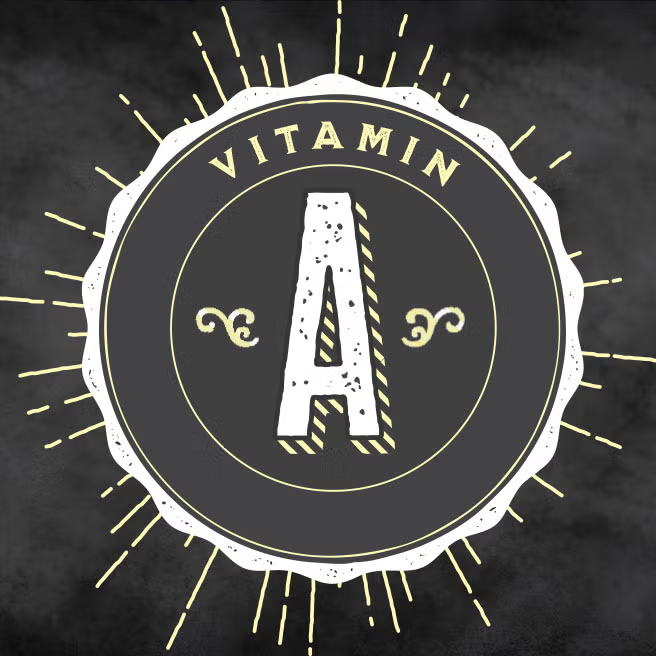
VITAMIN A
This vitamin is well known for its role in eye health and vision, but it’s got a lot more going for it than that. In fact, it’s sort of a jack of all trades. It plays a role in gene expression and immune response. It also supports the maintenance of the protective lining of certain body tissues. Additionally, it assists in the formation and maintenance of bones and teeth. Vitamin A supplements also support the renewal of skin cells, promoting normal, healthy skin appearance and texture.
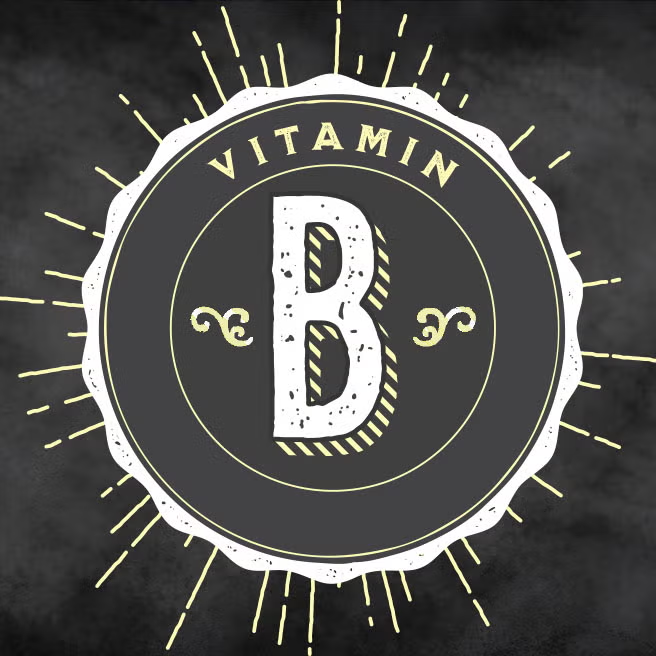
VITAMIN B
Unlike the other letter vitamins, there’s more than just one B vitamin. In fact, there are eight in total: thiamin, riboflavin, niacin, folate, B-6, B-12, biotin and pantothenic acid. While each of the B vitamin supplements has its own function, they often work in conjunction with one another. The B vitamins facilitate the work of every cell—some help generate energy, while others help make protein and new cells. Think of B vitamins as helpers: the carbohydrates, protein and fat we eat provide the fuel, while B vitamins help us turn that fuel into energy.
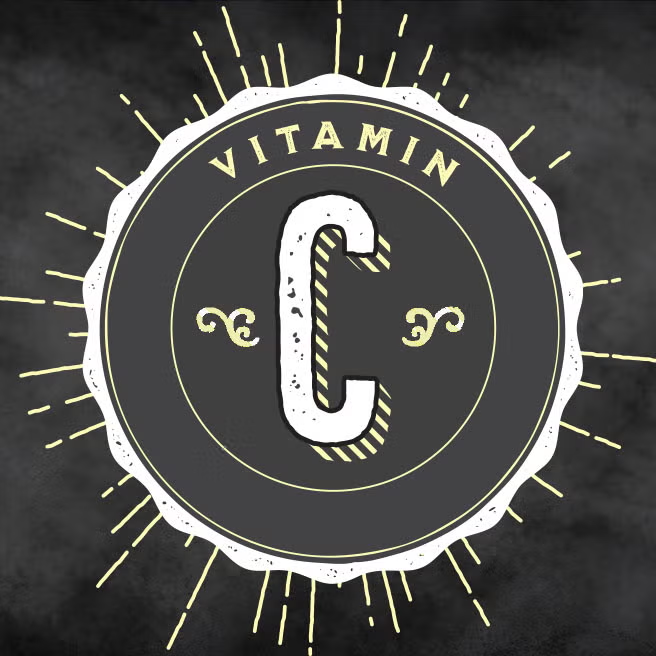
VITAMIN C
This letter vitamin performs a variety of functions in the body, but it is best known for its work as a protective antioxidant. For example, the cells of the immune system require vitamin C supplements to protect themselves from free radicals produced by fighting off pathogens. In addition to its work as an antioxidant, vitamin C is involved in the synthesis of collagen and is required for collagen formation. You may also see vitamin C listed as ascorbic acid.
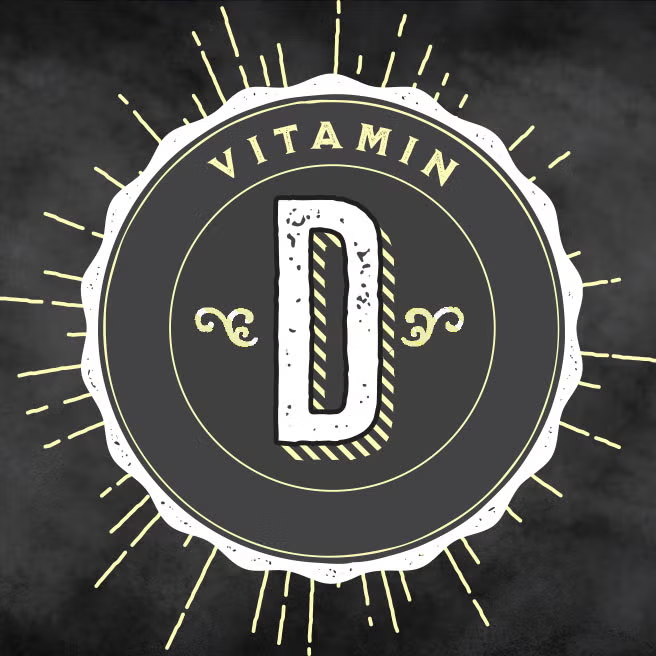
VITAMIN D
You might know this as one of the key vitamins found in vitamin D-fortified milk. The essential role that vitamin D plays in bone health is well established, and emerging research now suggests that it’s important to cellular health, too. Vitamin D supplement is unique in that it functions both as a vitamin and as a hormone. One of its essential roles is maintaining blood calcium and phosphorus levels within a healthy range, which it does by enhancing the small intestine’s efficiency in absorbing them. A vitamin D deficiency can leave the body unable to properly regulate calcium and phosphorus levels. Vitamin D isn’t found in many foods, so daily supplementation may provide the dietary support to help maintain adequate levels.
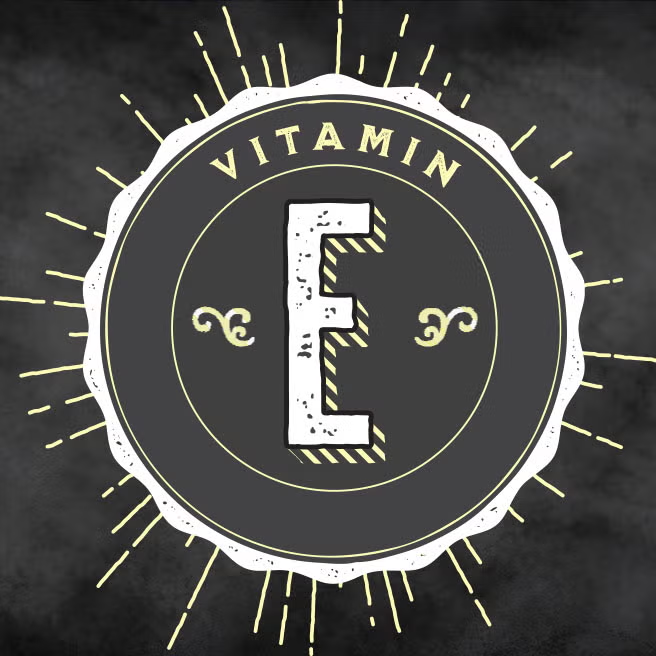
VITAMIN E
Vitamin E is the major fat-soluble antioxidant in the body and functions as a bodyguard— working to protect cellular membranes from the harmful effects of free radicals. Red blood cells rely on vitamin E in order to function, and the nervous system relies on vitamin E to maintain its health. In fact, the function of many body systems is supported by daily supplementation of vitamin E, including the heart, lungs, prostate and digestive tract.
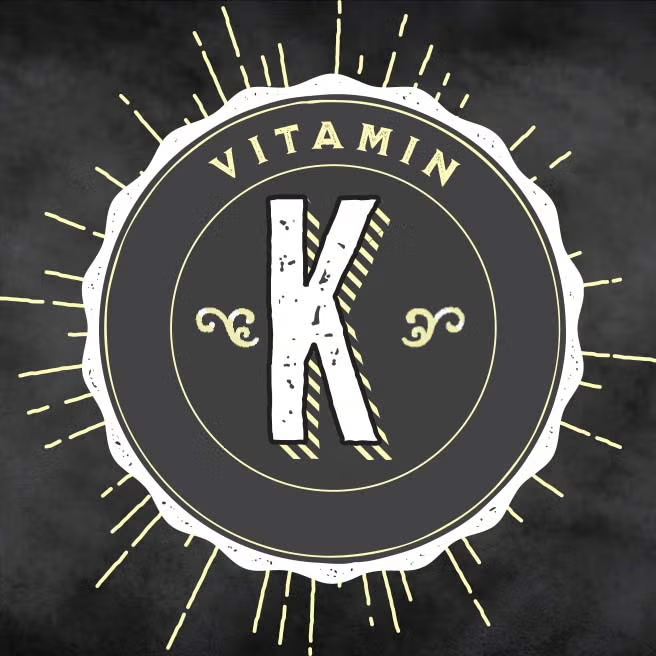
VITAMIN K
If you’ve ever watched a cut stop bleeding, you’ve watched vitamin K in action. The main function of this vitamin is to help make the proteins that allow blood to clot, preventing excessive bleeding. Vitamin K supplement is also an essential nutrient involved in bone health. It’s necessary in the production of key bone proteins and supports the bone-building process. Research indicates that an age-related decline in Vitamin K is related to reduced bone density. Vitamin K supplements may also improve bone mass in postmenopausal women.









